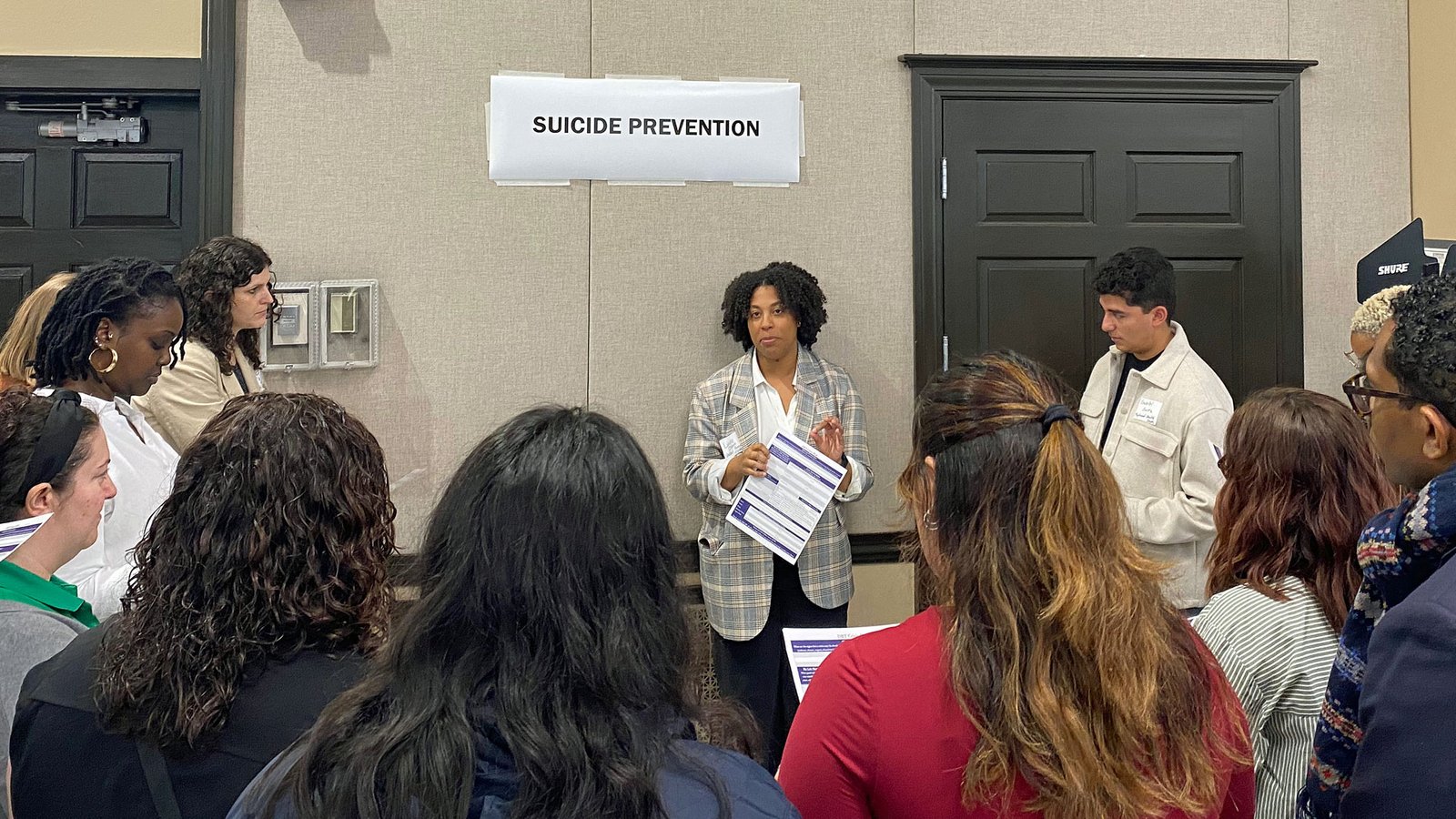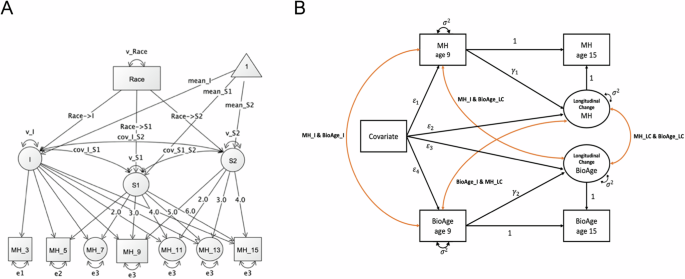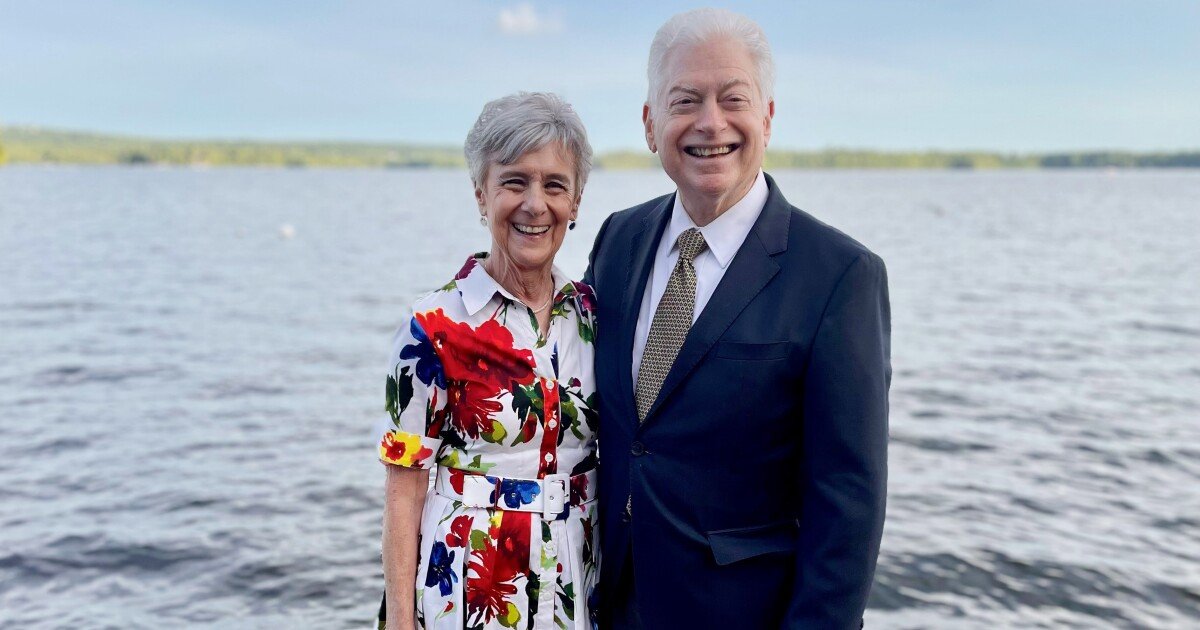New Jersey offers various options for young people facing mental health crises, yet families often struggle to access these services. Parents and professionals highlight that inadequate coordination among resources presents a systemic challenge.
Shilpa Kulkarni, a resident of Livingston, experienced this firsthand when her 14-year-old son, Shiv, died by suicide in July 2021. Kulkarni described Shiv as a gifted and popular child who battled major depressive disorder while navigating his identity as a gay youth. Despite her family’s efforts to seek help from psychiatrists, hospitals, and state agencies, Kulkarni found long wait times and unclear communication frustrating. “I wish there was someone I could talk to who had been through a similar experience,” she stated.
Kulkarni shared her insights alongside two other caregivers during a panel at the Rutgers Youth Mental Health Equity Summit. The event, aimed at fostering collaboration among New Jersey’s behavioral and mental health communities, emphasized the need to connect organizations like schools and advocacy groups to create a more cohesive network of care. Joshua Langberg, director of the Rutgers Center for Youth Social Emotional Wellness, noted that comprehensive care involves linking wellness programs, after-school activities, and therapy services.
According to provisional data from the New Jersey Department of Health, 54 individuals aged 15 to 24 died by suicide in the state last year, a decrease from 79 in 2021. However, even younger residents are affected; five children aged 10 to 14 died by suicide in 2023, compared to 11 in the previous year. The rising suicide rates among LGBTQ+ and Black youth are particularly concerning. A 2023 report from The Jed Foundation highlighted that Black individuals aged 10 to 24 are experiencing the fastest-growing rates of suicide, while LGBTQ+ youth are also at a higher risk.
Dr. Linda Oshin, an assistant professor at Rutgers, pointed out that today’s youth face pressures that earlier generations did not, including the impact of social media and environmental concerns. Parents and caregivers often lack the tools to effectively discuss and address these issues. Oshin emphasized the need for resources tailored to young people of color within suicide prevention efforts.
The summit featured multiple sessions led by licensed clinicians covering topics like anxiety, depression, suicide prevention, and substance use. Each session aimed to equip attendees with practical skills to support their communities. Langberg noted that many students at Rutgers experience social anxiety, making it difficult for them to form friendships and meaningful connections, leading to feelings of isolation. He identified isolation as a major precursor to depression.
Governor Phil Murphy’s proposed budget for the upcoming fiscal year allocates $43 million to the New Jersey Statewide Student Support Services (NJ4S) network. This initiative, launched at the start of the 2023 school year, aims to enhance mental health services through 15 treatment hubs across the state, responding to increasing rates of depression and anxiety among youth, exacerbated by the COVID-19 pandemic.
Kulkarni expressed the need for a clear guide for caregivers to navigate the mental health resources available for their children. After Shiv’s death, she and her family founded Shiv’s Third Eye, a nonprofit that provides information and support for families dealing with youth mental health challenges. “No family is immune to this issue,” Kulkarni said, emphasizing that regardless of background or circumstances, mental health can affect anyone. Her message resonates as advocates continue to push for better coordination and access to mental health services in New Jersey.



